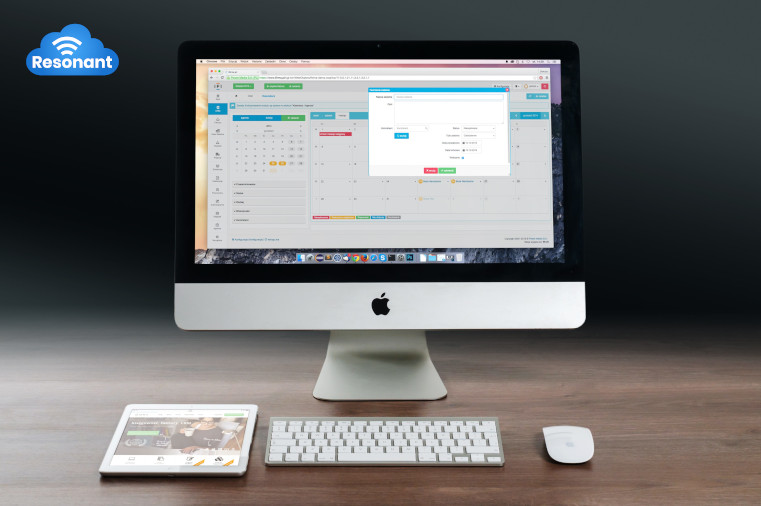1. Operational CRM
The first type of CRM on the list is the Operational CRM. This system enhances your team’s ability to generate, qualify, and stay in contact with leads, allowing them to bring in new customers while continuously nurturing existing customer relationships. An Operational CRM is an essential tool for strengthening customer service and the development of more effective marketing strategies.
The teams that will benefit the most from this are your sales, customer service, and marketing teams. This system allows them to share and discuss information more effectively, ensuring that everyone is on the same page and knows exactly what they need to be doing in each step of the way.
Another reason to adopt an Operational CRM is its ability to automate certain steps throughout the onboarding process of a customer — from lead status to official customer status. It can automatically send an introductory email to a potential customer, providing them with more in-depth information about your products and services. The Operational CRM is capable of automating the multi-step communication system you have in place, making it easy for your teams to deliver information at the right time, at the right pace, and to the right customer.
2. Analytical CRM
The next type of CRM is the Analytical CRM. It’s specifically designed to improve customer care and retention. If you would like to learn more insights about your customers and how you can provide them with better products and services, this CRM can analyse the needs and purchasing habits of your customers and provide data that is essential to creating a more targeted marketing strategy and a highly personalised approach to providing customer service.
This particular CRM system can also help you identify areas in the business that need more attention or improvement, so that your marketing team can come up with more effective ways to position your products and services accurately and identify what customers need or are looking for at every touchpoint of communication.
3. Collaborative CRM
The third and final type is the Collaborative CRM. This system serves both your internal and external customers: your employees and your clients. Giving your internal teams access to a CRM that houses rich and useful information gathered from across different departments makes it easier for them to work together toward their shared goals.
This system also enhances customer communication, by allowing your care team to respond to your customers in a timely manner, across all modes of communication; whether it’s by email, phone, or through social media apps. Salesforce, for instance, has a Customer Service console that gathers all messages from customers in one single location, allowing the customer service team to respond through the same channel the message was received in. The result is a better, faster, and more effective way of communicating with your customers — the single, most important factor in maintaining a strong and long-lasting business relationship with your customers. You can read more about how the Customer Service console works here.
Which Type of CRM Should You Use?
And as these CRM types each serve a different purpose, combining all three in a custom CRM implementation that has been carefully developed and tailored to fit your business needs would be the most ideal solution. In this manner, every team within your organisation can benefit from the convenience of automation, as well as having access to accurate data to devise plans and strategies that are more precisely targeted to the needs of your existing and potential customers.
Another great advantage of having all three types in place is that it allows for better collaboration and sharing of information between teams. This ensures that all teams are always working in sync and in accordance with current procedures. Of course, you could always implement one type of CRM first, to address the current needs of your business, and then implement the other types at a later stage, as necessary.
The Business Advantage
Making use of a CRM system for your business can eliminate many of the challenges you’re facing today, whether they’re internal or external. Automation, accurate data analysis, and improved customer communication methods are just a few of the many benefits you can expect to receive from implementing a CRM system. To make the most of it, identify your present business needs and the areas that need improvement. Also consider where your business is currently at and where you plan to take it in the near future, so that you can put the right systems into place.

